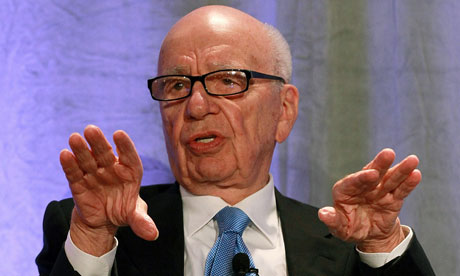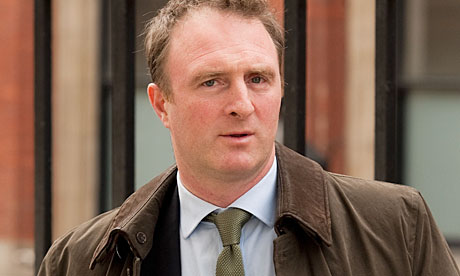Written by Jim Boardman and submitted with Jim’s approval. (Original link http://www.anfieldroad.com/dont-buy-the-sun/)
A surprising number of people seem unaware of the boycott of The Sun by supporters of Liverpool Football Club. Some don’t seem to know it is boycotted, others don’t know why. Some people rather disturbingly know why the boycott exists but still choose to buy it.
If you choose to continue to buy The Sun after reading this article, and the articles it links to, then you ought to stop calling yourself a Liverpool supporter. Collect any shirts or scarves you have, and hand them in to a charity shop. In fact you can’t really call yourself a football supporter. The lies printed in The Sun that you will read about below were aimed at Liverpool supporters, people from Liverpool, people from the North of England, football supporters of any club. If you fall into any of those categories you certainly shouldn’t be buying, reading, or visiting the website of that newspaper. If you are a decent human being you will be steering clear of it from now on, even if you’ve not done so before.
If you buy the paper regularly already, print off all of this information, and save your money tomorrow. Read these articles instead. If you still want to buy that paper the following day I would be surprised.
The boycott of The Sun goes back to April 1989, over 20 years ago. On April 15th 1989 a disaster took place which resulted in the deaths of ninety-six Liverpool supporters at Hillsborough, the home ground of Sheffield Wednesday, during an FA Cup semi-final between Liverpool and Nottingham Forest. Ninety-six people had their lives crushed out of them. Many more are said to have ended their own lives since as a consequence of that disaster. A lot of injustices came out of that disaster, far too many to list here. For more information visit the Hillsborough Justice Campaign website at http://www.contrast.org/hillsborough and please try to support them...read more
If you choose to continue to buy The Sun after reading this article, and the articles it links to, then you ought to stop calling yourself a Liverpool supporter. Collect any shirts or scarves you have, and hand them in to a charity shop. In fact you can’t really call yourself a football supporter. The lies printed in The Sun that you will read about below were aimed at Liverpool supporters, people from Liverpool, people from the North of England, football supporters of any club. If you fall into any of those categories you certainly shouldn’t be buying, reading, or visiting the website of that newspaper. If you are a decent human being you will be steering clear of it from now on, even if you’ve not done so before.
If you buy the paper regularly already, print off all of this information, and save your money tomorrow. Read these articles instead. If you still want to buy that paper the following day I would be surprised.
The boycott of The Sun goes back to April 1989, over 20 years ago. On April 15th 1989 a disaster took place which resulted in the deaths of ninety-six Liverpool supporters at Hillsborough, the home ground of Sheffield Wednesday, during an FA Cup semi-final between Liverpool and Nottingham Forest. Ninety-six people had their lives crushed out of them. Many more are said to have ended their own lives since as a consequence of that disaster. A lot of injustices came out of that disaster, far too many to list here. For more information visit the Hillsborough Justice Campaign website at http://www.contrast.org/hillsborough and please try to support them...read more
http://dontbuythesun.co.uk/site/






